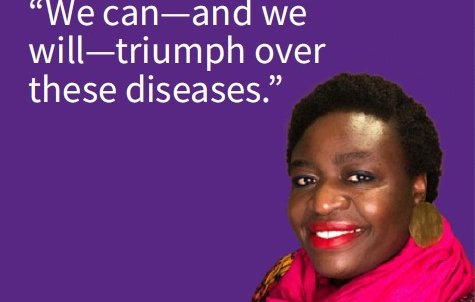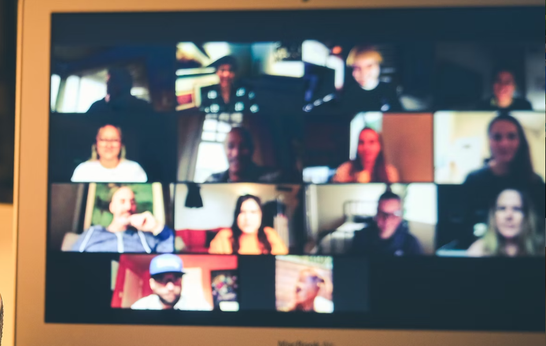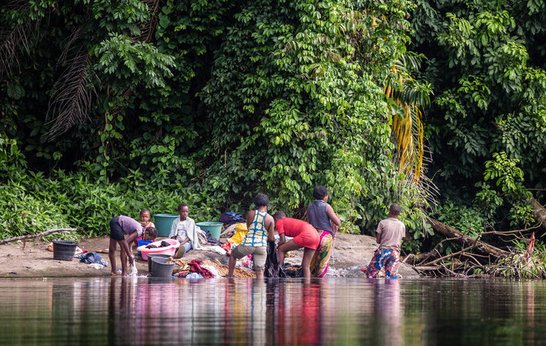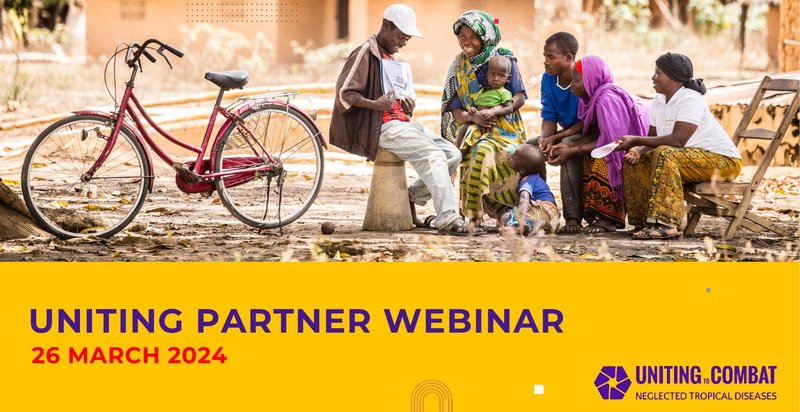
Voir cette page en français
Ver esta página em português
Uniting to Combat NTDs regularly holds webinars for our partner network, designed to keep partners informed, share useful resources, and allow space for collaboration and feedback. Please find slides and questions from the webinar held on 26 March 2024.
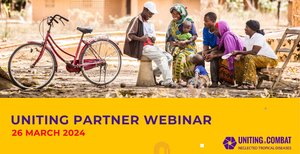
28 March 2024
Download the slides from the meeting
Q&A from the meeting
What funding targets do you have in view of the analysis presented and the 2024 context? Are there any particular NTDs that you think will attract more funding than others?
We have funding targets under each outcome in our strategy. Overall, we aim to mobilise USD $2 billion (sustaining existing and securing new funds) for NTDs over five years.
Our Board approved our resource mobilisation strategy, focused on elimination diseases and focused on Africa. This is combined with advocacy efforts focused on all NTDs, globally.
Resource mobilisation packages - elimination diseases in Africa
Resource mobilisation requires specificity in terms of the ask, the need, and the cost. As you may be aware, there are different costing exercises that are still ongoing within the NTD community to determine what it is that we need to raise money for and how much it is going to cost.
Whilst this is work is ongoing, we will continue to support specific resource mobilisation packages as they become ready. With that in mind, our 2024 priorities are based on ready packages – for example, Reaching the Last Mile (onchocerciasis and lymphatic filariasis), STH and schistosomiasis, ESPEN, rabies PEP, and paediatric praziquantel. We would be happy to talk to partners working on elimination diseases to understand what are other resource mobilization packages that we can work on and support. Are they concrete? Are they specific? Are they costed, forming a package of work that we can go to donors with? We can then start to build up understanding of what that package looks like, and then when the window and opportunity arises, we can pick it up.
Advocating for resources for the full 21 NTDs - globally
We will continue to advocate across the entire suite of 21 NTDs, particularly seeing the extent to which some of the control NTDs could be integrated within the health benefits package at a national level.
Under our outcome ‘endemic countries increase resources’, we also advocate for endemic countries to increase national health budgets to tackle the full 21 NTDs (depending on the NTDs that country is affected by) and in support of their national level masterplans.
Our website and storytelling also communicates about all NTDs and we will continue to work with the disease communities to maintain our disease web pages.
We also work to signpost funding NTD opportunities with countries (for any NTD relevant to that fund’s criteria, for example Global Financing Facility, Global Fund, Pandemic Fund).
Finally, we recognise that lots of partners are doing fantastic work on many different areas, including resource mobilisation for specific diseases - for example, the Carter Centre’s leadership on Guinea worm disease eradication, Wellcome Trust on snakebite, and ICTC on trachoma. We don't want to be duplicative.
Will the new resources be prioritized to address elimination gaps, especially around integrated vector management issues including One Health assessments, etc.? How are you going to prioritize where the new resources will be focused?
As outlined above, we are supporting the elimination agenda in its entirety, meaning supporting whatever it takes to get to elimination across the different diseases, which could include resource mobilization for R&D to implementation etc.
If the work is costed and available, we'll be very happy to discuss how we may be able to support it and raise money for it.
What opportunities for advocacy of funding do you anticipate in terms of changing NTD occurrence patterns and their spread to new areas? Are more wealthy countries more likely to be affected by NTDs in the future?
Climate and NTDs is an interesting area which is gaining traction. The UK recently released a report that highlighted dengue to be one of the most significant public health threats to the UK. We’re seeing some major outbreaks of dengue particularly in South America, as well as in some parts of Europe, and this was a key topic at COP28. Also, DNDi have done some great work showcasing the impact of chagas disease in the US, such as Florida.
So yes, we are seeing traditional donor countries increasingly being affected by NTDs. There is an argument of funding NTDs as part of national self-interest (as well as traditional arguments) which we can use with donors, and we’re seeing these arguments appear more and more. However, in addition to compelling arguments, we still need specific packages to take to donors for resource mobilisation.
At the end of 2023 WHO released their communique on climate, NTDs and malaria, and we understand that a fuller paper will come out shortly which will contain some great evidence around which specific NTDs we're seeing being affected by climate change.
The climate change angle also aligns in some areas with the pandemic PPR angle, so we will be sure to use these arguments when they can make the most impact.
Could you briefly outline what your plans are for the World Health Assembly in Geneva?
At the moment, we are in the process of gathering partner plans to identify opportunities for collaboration. For events targeting Ministers of Health, we are seeing the extent to which we could do things collectively rather than having multiple NTD events potentially competing with each other, particularly as Ministers’ of Health time is valuable.
For example, if we want to provide information to Ministers of Health across multiple disease or thematic areas, could we host one NTDs briefing session that provides multiple points for ministers across multiple topics, taking advantage of them being in the same place, instead of potentially hosting three or four separate briefing meetings?
We have provisionally booked a space at WHA that we can utilize for multiple briefing points. We’re developing plans at the moment which we’ll share via the Comms Coordination Group (CCG) and partners that have reached out to us, as they firm up. From the CCG, we also have the following details of emerging plans:
(N.B. all to be confirmed)
- Guinea worm side event - led by Carter Center
- Noma side event - led by Elysium, Noma Survivors’ Association
- Anesvad Foundation co-organising side event, bringing journalist - wants to interview female researchers from the Global South - potential live podcast
- ISNTD - dengue side event, gateway to partnership in global health (possible title: Harnessing dengue in a challenging world: a gateway to international cooperation on global health threats)
- Devex event – includes NTDs panel
